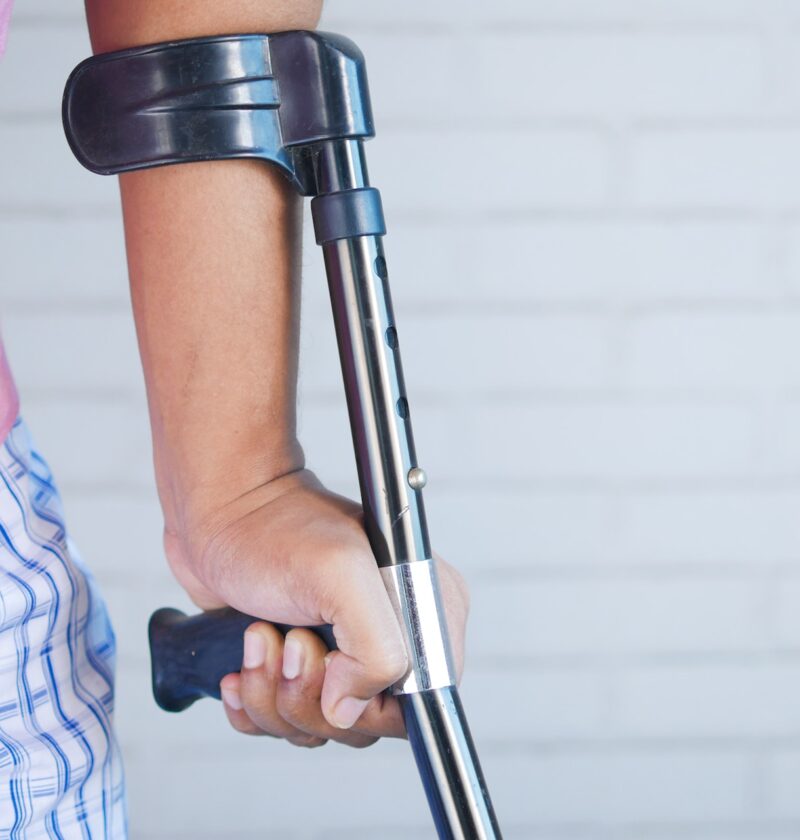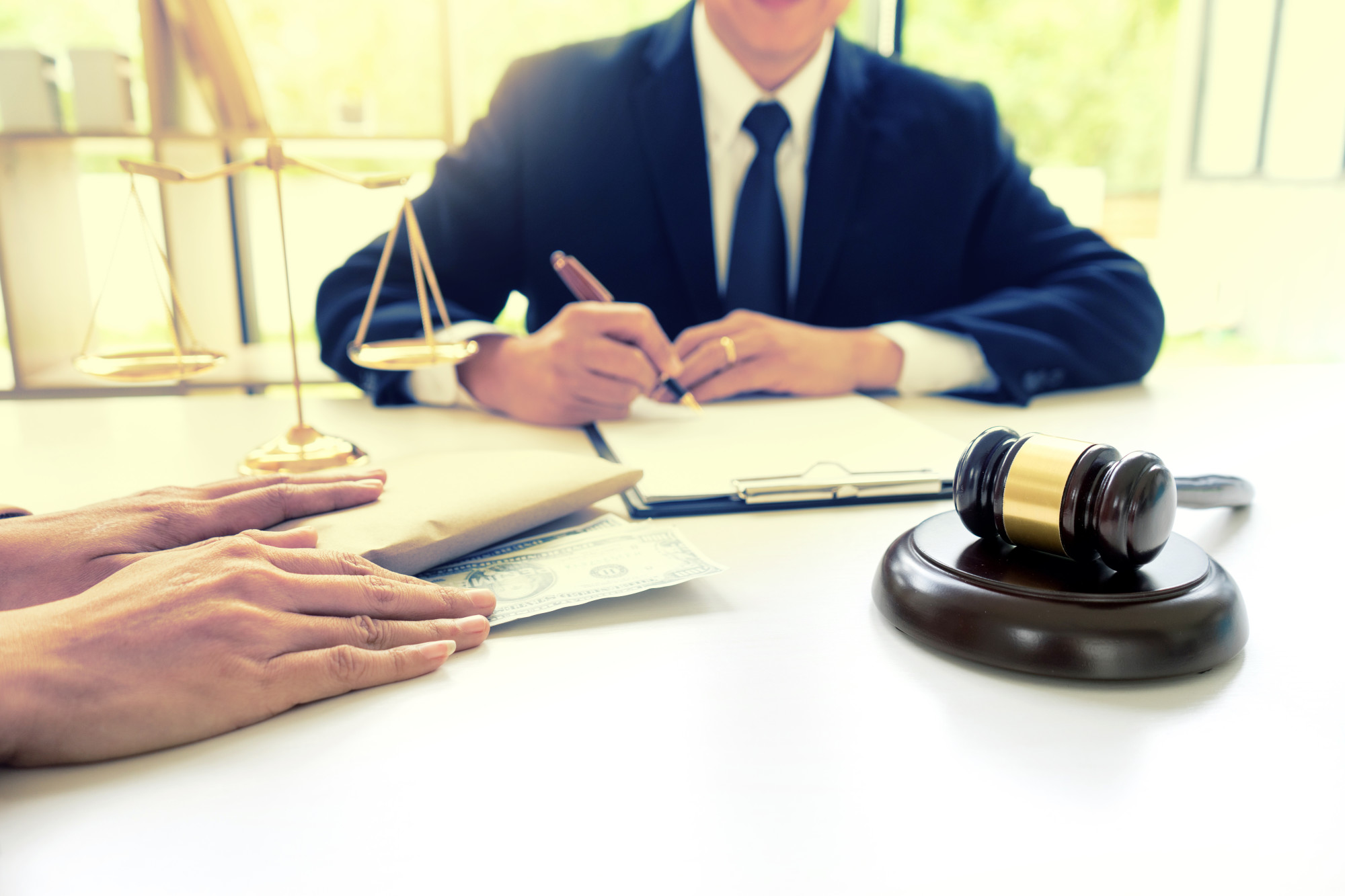As someone who has experienced a personal injury, you may be wondering what the legal process looks like in Georgia. Personal injury cases can be complex and overwhelming, especially if you have little to no experience with the legal system.
In this article, I will guide you through the various aspects of the legal process for personal injury cases in Georgia, including the types of personal injury cases, working with personal injury lawyers, the legal process, and more.
Types of Personal Injury Cases
Before diving into the legal process, it’s important to understand the types of personal injury cases that may arise. Personal injury cases can include slip and fall accidents, car accidents, medical malpractice, dog bites, product liability, and more.
In Georgia, personal injury cases fall under the category of tort law, which allows individuals who have been injured to seek compensation for damages caused by another party’s negligence or intentional harm. It’s important to note that personal injury cases must be filed within a certain timeframe, known as the statute of limitations. In Georgia, the statute of limitations for most personal injury cases is two years from the date of the accident or injury.
Working with Personal Injury Lawyers
One of the most important steps in the legal process for personal injury cases is working with a personal injury lawyer. A Personal Injury Lawyer in Norcross can help you navigate the legal system, gather evidence, evaluate your case, negotiate with insurance companies, and represent you in court if necessary.
When choosing a personal injury lawyer, it’s important to find someone who has experience in handling cases similar to yours and who is willing to work on a contingency fee basis, which means that they only get paid if you win your case. It’s also important to ask about their communication style and availability, as you will want to be kept informed about the progress of your case.
The Legal Process for Personal Injury Cases in Georgia
The legal process for personal injury cases in Georgia can be broken down into several key steps. The first step is to file a personal injury claim, which involves notifying the responsible party of your intent to seek compensation for your injuries. This is typically done through a demand letter that outlines the damages you are seeking and provides evidence to support your claim. The responsible party will then either accept or deny your claim. If they deny your claim, the next step is to file a lawsuit.
Once a lawsuit is filed, the discovery process begins. This involves gathering evidence and information from both sides of the case, including witness statements, medical records, and any other relevant documents. Depositions may also be taken during this time, which involve questioning witnesses under oath.
After discovery, the case may go to mediation or arbitration, which are alternative dispute resolution methods that can help parties reach a settlement without going to trial. If a settlement is not reached, the case will go to trial. During the trial, both sides will present their case to a judge or jury, who will then make a decision on the outcome of the case.
Filing a Personal Injury Claim in Georgia
Filing a personal injury claim in Georgia involves several important steps. The first step is to seek medical attention for your injuries, as this will help establish the extent of your damages. You will also need to gather evidence to support your claim, such as witness statements, medical records, and photos of the accident scene.
It’s important to notify the responsible party of your intent to file a claim as soon as possible, as the statute of limitations for personal injury cases in Georgia is two years from the date of the accident or injury.
What to Expect During the Legal Process
During the legal process, there are several important things to keep in mind. First, it’s important to be patient, as personal injury cases can take months or even years to resolve. It’s also important to be honest and forthcoming with your lawyer, as any inconsistencies in your story or evidence can hurt your case. Finally, it’s important to be prepared for the possibility of going to trial, as not all cases are settled outside of court.
Factors that Affect Personal Injury Cases
There are several factors that can affect the outcome of personal injury cases in Georgia. These include the severity of your injuries, the amount of damages you are seeking, the strength of your evidence, and the credibility of your witnesses. It’s also important to consider the insurance coverage of the responsible party, as this may impact the amount of compensation you are able to receive.
Settlements and Trial Outcomes
In personal injury cases, there are two main outcomes: settlements and trial outcomes. A settlement is a negotiated agreement between the parties involved, in which the responsible party agrees to pay a certain amount of compensation to the injured party. Settlements can be reached at any point during the legal process, including before or after a lawsuit is filed. Trial outcomes, on the other hand, involve a judge or jury making a decision on the outcome of the case.
Common Mistakes to Avoid During Personal Injury Cases
There are several common mistakes that people make during personal injury cases in Georgia. These include not seeking medical attention for injuries, failing to gather evidence to support their claim, signing a settlement agreement without consulting with a lawyer, and posting about their case on social media. It’s important to work closely with your personal injury lawyer to avoid these mistakes and ensure that your case has the best possible outcome.
Conclusion
If you have been injured due to someone else’s negligence or intentional harm, you may be able to seek compensation through a personal injury case in Georgia. Understanding the legal process for personal injury cases can be complex, but with the help of an experienced personal injury lawyer, you can navigate the system and seek the compensation you deserve.
Remember to seek medical attention for your injuries, gather evidence to support your claim, and work closely with your lawyer to avoid common mistakes and achieve the best possible outcome for your case.







